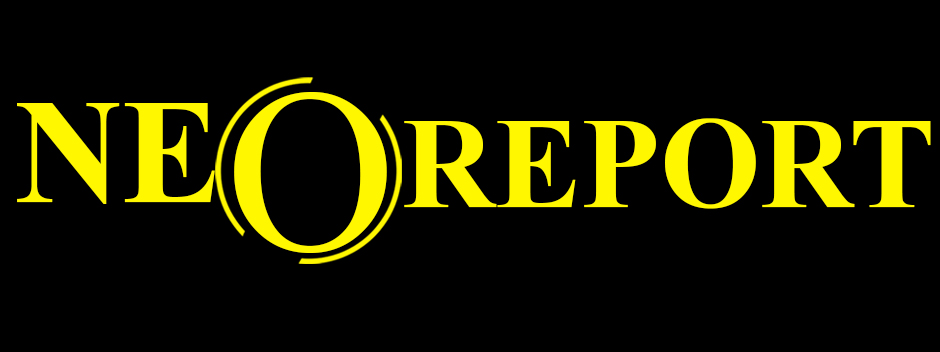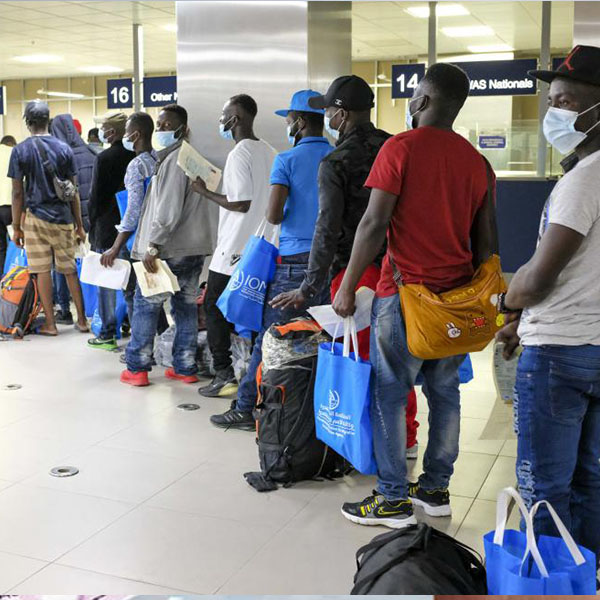Across Ghana, the story of migration is as old as our search for opportunity. From the villages of the Upper East to the coast of the Central Region, young men and women continue to move some to the cities, others across borders all chasing the promise of a better life. Yet, behind the dream of “greener pastures,” lies a growing reality of exploitation, loss, and unspoken pain.
The Changing Face of Migration
In Ghana, internal migration has become a defining feature of national development. Thousands move from rural areas to cities like Accra, Kumasi, and Takoradi every year, driven by the hope of finding work, education, and modern amenities. According to the Ghana Statistical Service, more than half of Ghanaians now live in urban areas — a clear sign that people are moving toward opportunity.
But while the cities swell, another kind of migration quietly reshapes the nation: the outward migration of skilled professionals. Health workers, teachers, and engineers are leaving Ghana in search of higher pay and better working conditions abroad. A 2024 study by the Ghana Registered Nurses and Midwives Association revealed that more than 4,000 nurses and midwives left the country in the last two years alone. This “brain drain” is already stretching the country’s health system thin.
Dreams and Dangers Abroad
Behind every flight ticket and travel promise, there is often a hidden risk. Across the country, reports of fake travel agents and human traffickers are rising. Many young people, desperate to travel, fall victim to individuals who promise easy jobs in Europe, the Middle East, or Asia — only to be trapped in debt bondage, sexual exploitation, or forced labour.
Ama (not her real name), a 24-year-old from Cape Coast, shared her painful story. “I was told I’d work as a caregiver in Dubai,” she said. “When I arrived, my passport was taken away. I worked long hours without pay, and there was no way home.” Ama eventually found her way back after unexpectedly meeting a relative. Her case is not unique hundreds of Ghanaians have faced similar ordeals abroad.
According to the U.S. Department of State’s 2024 Trafficking in Persons Report, Ghana remains both a source and destination country for human trafficking. Women and girls are particularly at risk of sexual exploitation, while men and boys often end up in menial or forced labour. The dream of prosperity too often turns into a nightmare of survival.
The Recommended Practice: Safe Migration and Informed Choices
Migration, when done safely and legally, can be transformative — for individuals, families, and the economy. The key lies in information, verification, and protection.
For individuals:
- Verify recruiters and agencies — Only deal with registered and licensed recruitment agencies under Ghana’s Ministry of Employment and Labour Relations. Avoid unverified social media contacts or offers that require large payments upfront.
- Use official channels — Apply for visas and jobs through embassies, official job portals, or verified international organizations.
- Know your rights — Always sign a written contract and keep copies of travel documents. Never surrender your passport to anyone.
- Stay informed — The IOM Ghana Migration Information Centre offers free guidance on safe travel, job verification, and reintegration support.
For families and communities:
Encourage open conversations about migration. Too often, returnees face ridicule and shame, pushing others to hide their experiences. Instead, communities should welcome them, learn from their journeys, and support reintegration through small businesses, training, and mentorship.
For policymakers and institutions:
Ghana must strengthen laws that regulate recruitment agencies, enforce ethical recruitment agreements with destination countries, and improve wages and working conditions for professionals especially in health and education. Expanding reintegration support and public awareness campaigns is also vital to prevent exploitation.
A Call to Action
Migration is not the enemy, misinformation is. Ghanaians will continue to move in search of better lives; our responsibility is to make sure those movements are safe, informed, and dignified. Every aspiring migrant deserves to know the truth before they travel. Every recruiter must be held accountable. And every returnee deserves a second chance without shame.
The message is simple: Travel smart, travel safe, and protect your dream.
If you or someone you know needs information or help, contact:
- IOM Ghana – Migration Information Centre
- Helpline of Hope – 0800 800 800
- Ghana Police Anti-Human Trafficking Unit – for reporting or rescue support
Because every journey deserves a safe destination.





